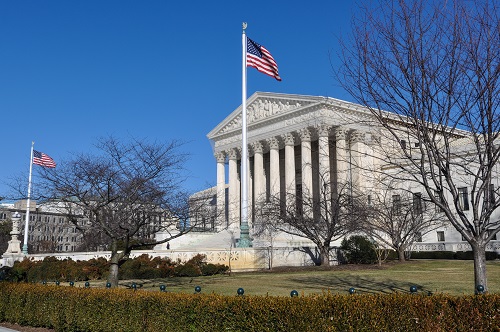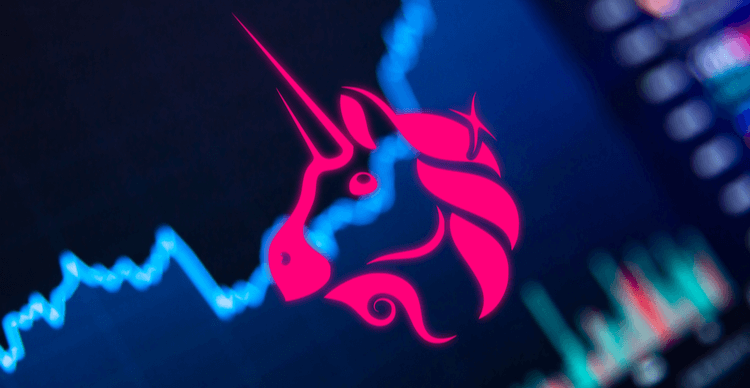Investors ramp up bets against euro as energy crisis intensifies
Investor bets that the euro will fall in value have reached their highest level since the pandemic hit Europe more than two years ago as the risk grows that record energy prices will drag the region into recession.
Rising wagers against the euro also reflect bullishness on the US dollar, which has been boosted by signals from the US Federal Reserve — reinforced by its chair Jay Powell on Friday — that it will keep raising interest rates to tackle soaring inflation even in a slowdown.
As well as the threat of recession, Europe is also grappling with steeply rising prices. At the annual gathering of central bankers in Jackson Hole this weekend, European Central Bank executive board member Isabel Schnabel and François Villeroy de Galhau, the French central bank governor, warned that monetary policy would have to stay tight for an extended period in Europe.
Speculators built up net short positions on the euro — a way to bet the currency will drop in value — of 44,100 contracts in the week to August 23, up from 42,800 the previous week, according to data published by the Commodity Futures Trading Commission on Friday.
It marks the largest bearish position against the euro since the start of the pandemic in the first week of March 2020, when investors held net short positions of 86,700 contracts as the eurozone economy plummeted into a record postwar contraction.
The euro has already fallen 15 per cent, dropping below the value of the dollar in the past year. It hit a 20-year-low last week as wholesale gas and electricity prices surged to all-time highs in Europe on fears of Russia throttling crucial energy supplies.
“The euro right now is just purely a function of the European energy shock,” said Mark McCormick, global head of FX strategy at TD Securities. “The biggest driver for the next couple of weeks involves what happens with [the] Nord Stream 1 [pipeline from Russia] and heightened gas prices.”
He said TD had entered a short euro trade when it was trading at $103.45 and took profit after it recently fell to parity against the dollar. “There is some room that the euro could push lower . . . the short term set-up’s not great,” he said.
Surging natural gas prices have prompted investors to reassess how long inflation could stay high, and how hard it could hit the eurozone economy as sectors from fertiliser production to glassmaking warn that high gas prices are constricting output.
David Adams, head of G10 FX strategy at Morgan Stanley, said the rising bets against the euro also reflected the role of the dollar as “a safe port in a storm” as well as the fact that the US is not as exposed to the gas crisis.
The weak euro is fuelling inflation, increasing the price of imports including energy. Economists expect eurozone consumer prices will have risen at a record rate of 9 per cent in the year to August when the latest data are published on Wednesday.
Some ECB policymakers have proposed stepping up the pace at which it raises rates to rein in inflation, saying it should consider a 0.75 percentage point rise at its meeting on September 8, while Schnabel told Jackson Hole that a larger “sacrifice” will be needed to tame inflation than during previous episodes of monetary policy tightening.
One risk for investors betting against the euro is that the longstanding “flow of money” away from Europe to invest in the US and other regions could reverse over the next six to 12 months as the ECB raises rates, making eurozone bonds more attractive, said Adams.
“The relative attractiveness of holding European paper is going up,” he said, adding that for European investors, the long-term returns from investing in eurozone government bonds could soon exceed those available from US equivalents after deducting the cost of hedging against currency moves.
However, Jane Foley, head of FX strategy at Rabobank, said “investors’ views on the euro are becoming more similar to where the market is at on sterling”, as traders look past expected rate rises and focus instead on the gloomy outlook for the eurozone and UK.
“The fear of the market is that this isn’t about one difficult winter, this could actually go on for at least two years,” she said. “[The euro] can’t get any upside traction despite the fact that the market is expecting these interest rate hikes.”








